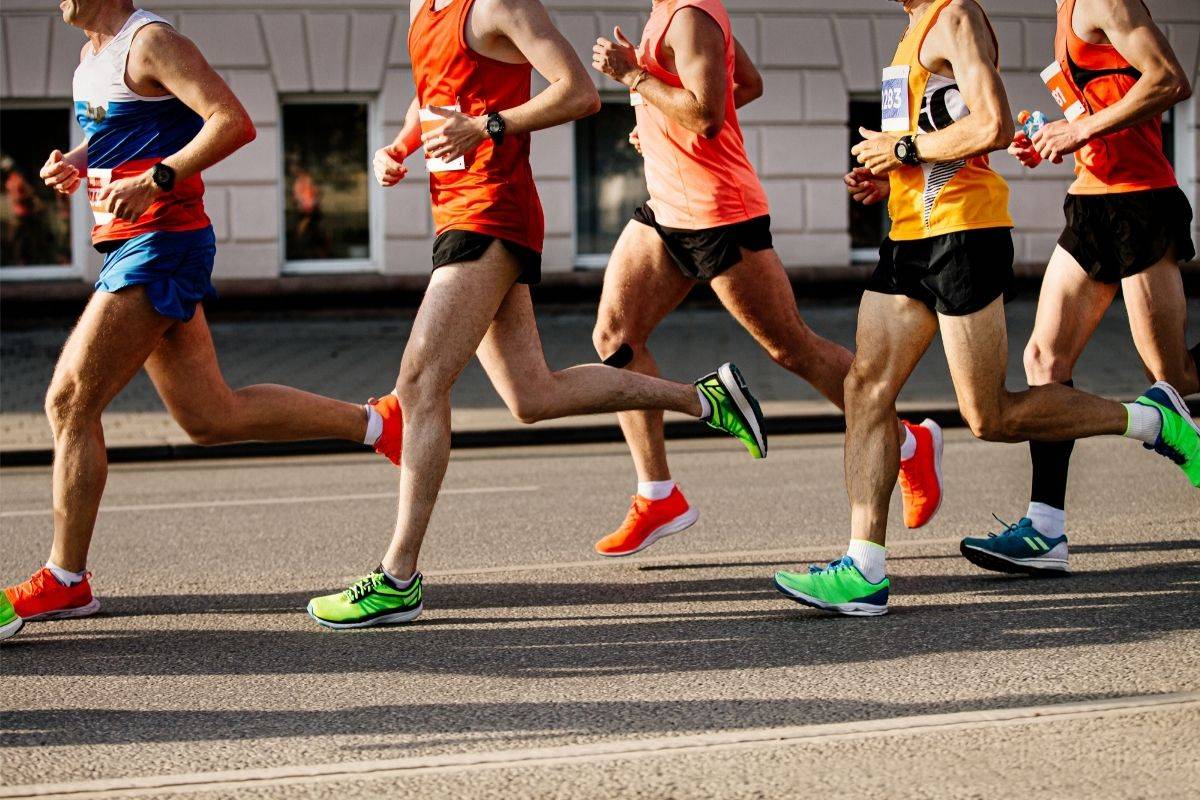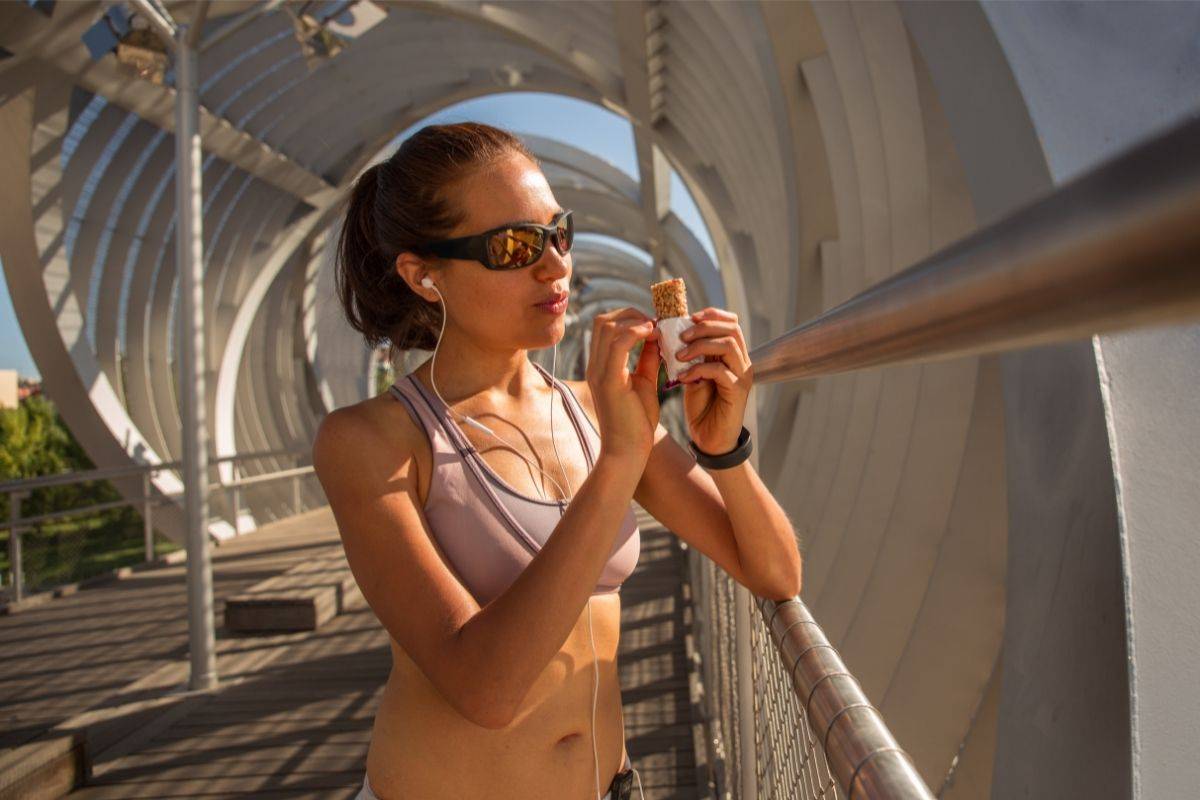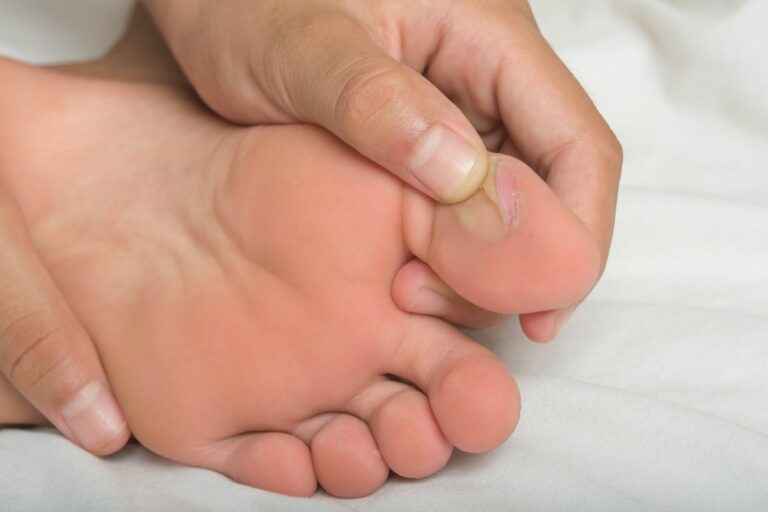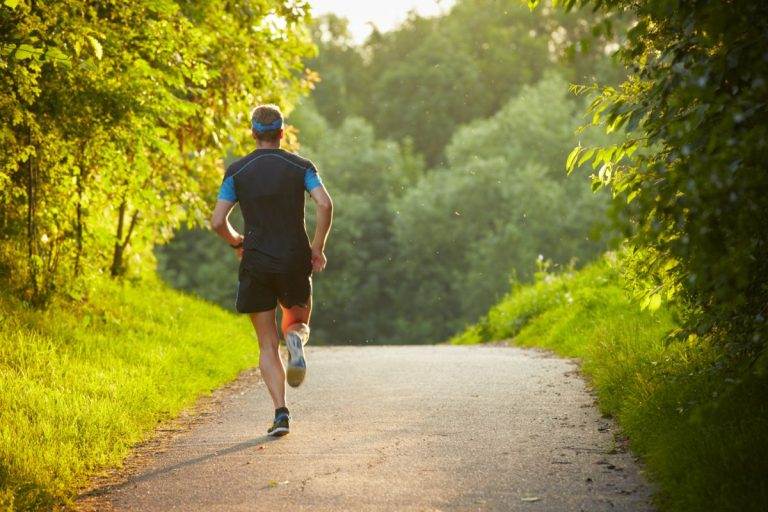What To Eat Before a 5K Run? And What to Avoid?

It’s no secret that the key to running a 5K is to fuel your body with the right types of food.
However, it’s not just as easy as SIMPLY eating healthily. You’ve got to consider calories, fats, proteins, sugars, salts, and when to eat such foods.
If you’re training to run a 5K in the near future and wondering “What should I eat before running a 5K?”, you’ve come to the right place.
Here is the ultimate guide on what to eat before running a 5K – what to eat on the days leading up to the big day and what to eat the morning of the run.
What is a 5K run in miles? 5K is 3.1 miles.
What To Eat Before Running a 5K?
Nutrition plays a VITAL ROLE in stamina and speed, which is why it’s important to fuel your body with the right nutrients ahead of a long-distance run.
If you plan well ahead in advance, you can prepare your body with a suitable amount of protein and carbs to improve your performance in a 5K run.
Fortunately, as a 5K run doesn’t take too long to complete, you don’t have to worry about prepping your body with an extensive diet that marathon runners have to follow.
In a lot of cases, you just need to fuel your body the night before and the day of the run.
Carbs, Fat, And Protein
When people hear the word “carbohydrates”, they think of weight gain, which is often the exact opposite of what they are running a 5K for.
However, carbs play as much of a role in your running diet as protein.
The reason why carbohydrates are so important is that our bodies convert carbs into glucose. Glucose is stored in the muscles, wherein the muscles use the glycogen for energy during exercise.
The best form of carbohydrate to eat before a 5K is complex carbohydrates.
Complex carbohydrates are digested slower than regular carbohydrates, allowing for the glucose to be stored in your muscles for longer.
Plus, complex carbs keep you feeling fuller for longer, too!
However, engorging on carbs alone won’t provide enough energy for a 5K. The key is to balance the carbs with the right amount of protein and fat.
Contrary to popular belief, fat (in the right intensity) can also be used as a form of stored energy. Protein is responsible for recovering muscles during and after exercise.
What to Eat The Night Before a 5K?
So, what should you eat the night before a 5K?
Interestingly, it doesn’t matter too much what you eat the night before.
This is because your body will naturally burn off the nutrients as it fasts while you sleep. Still, it’s always good to eat healthily before a run.
The key is to balance a plate with approximately 50% carbs, 25% fats, and 25% protein. Here are some examples:
- Sweet potatoes, chicken breast, and green beans
- Tofu stir fry with brown rice and vegetables such as bell pepper, onion, spinach, and mushrooms
- Roasted sweet potato/baked potato loaded with protein such as tofu or chickpeas
Here are some healthy fats to include in your diet before running a 5k:
- Fish
- Flaxseeds
- Tofu
- Nuts
What to Avoid the Night Before a 5K?

Our top tip is to avoid highly fibrous foods the night before a 5k.
There’s nothing quite as uncomfortable as trying to run while feeling bloated from improperly digested foods from the night before.
Your body won’t have time to digest and burn fibrous foods the night before a run, so odds are it won’t get a chance to get rid of it all in the bathroom.
Not only will this slow you down, but it can result in stomach pains and cramps.
Here are some examples of fiber to avoid:
- Wholemeal and high-fiber bread
- Cruciferous vegetables (Brussels sprouts, broccoli, raw carrot, boiled sweetcorn, etc.)
- Avocado
- Excessive raspberries, apples (with skin), pears, oranges
- Lentils and certain beans (kidney beans, pinto beans, and excessive chickpeas)
On a similar note, make sure to avoid foods that give you an upset stomach.
Of course, everybody reacts differently to various foods, so make sure to listen to your body when it comes to food.
If you know that sweet potatoes give you a sore stomach, find another complex carbohydrate to consume, such as peas or whole grains.
What To Eat The Day Of A 5k?
So, what you eat the night before a 5K isn’t that important.
What REALLY matters is what you eat the day of a race.
1. Hydrate
First and foremost, make sure that your body is well hydrated at least 24 hours before a 5k.
Water helps to prevent muscle cramps as well as fatigue, allowing you to maintain speed and stamina.
Avoid caffeine-based drinks such as tea and coffee, as well as expensive electrolyte drinks.
These will provide a short burst of energy and will dehydrate your body, whereas good old fresh water will keep your body hydrated for longer.
However, make sure not to drink too much water. You don’t want to develop a cramp from needing to pee before you reach the finish line!
2. Morning Of The Race
Breakfast is the most important meal of the day – especially before a race!
The best time to eat breakfast before a 5k is around 2 hours before the run. So don’t go out running with an empty stomach for a 5K run!
This will allow enough time for your body to digest the food and store the energy in your muscles.
Now, here’s where you can stock up on carbs. Opt for a breakfast that features mostly carbohydrates and a small amount of protein.
Here are some breakfast examples:
- Oatmeal (one cup of oats will do), nut butter, any type of milk, and fruit such as a banana
- Brown toast with nut butter and sliced banana
- Yogurt with granola and a small amount of fruit (nothing too fibrous)
- ½ bagel (or a thin bagel) with nut butter or peanut butter and jelly
Make sure to drink water during your breakfast. Aim to drink around a one-pint glass of water.
Instead of making a coffee or tea, opt for an additional homemade fruit smoothie filled with protein powder or yogurt. This is especially useful if you eat a breakfast that lacks fruit.
If the race is in the afternoon, the same rules apply for lunch meals.
3. Snacks

If you eat your breakfast 2 hours before the run, odds are you will start to feel a bit hungry.
Snacking is essential for a successful 5k – you’ve just got to know what type of snacks to eat.
Snacks should be consumed around 30 minutes to an hour before the race.
Now is the time to eat a carb-based snack, and try to avoid something that is high in fiber, because the movement of running might end up in bloating and cramps.
You should also avoid snacks high in artificial sugar because they will only offer a short burst of energy.
Here are some examples of snacks to eat before a 5k:
- A handful of dates (Full of natural sugar)
- One banana
- Energy bar
- No-bake granola bars
- Apple chips
- Dried fruit
While some fruit is high in fiber (such as raspberries and apple skin), almost all fruits are an excellent source of carbohydrates that can provide enough glucose in your bloodstream.
As always, make sure to stay hydrated and avoid consuming foods that your body does not agree with.
There are plenty of other options available if you’re known for getting a sore stomach after eating dates or dried fruit!
Top Tips
- Don’t fill yourself up too much. While you don’t want to run on an empty stomach, running on a full stomach is beyond uncomfortable.
This can lead to bloating, nausea, digestive problems, abdominal pain, and cramps.
- Listen to your body. If you’re feeling shaky, nauseous, weak, dizzy, lightheaded, or particularly sweaty, you need to prioritize your body over the run.
These symptoms can be a sign of poor nutrition, not eating enough, or dehydration.
- Be smart with calories. Calorie counting is beneficial for weight loss, but not necessarily for running.
However, this doesn’t mean you can eat thousands of calories before a run.
If you’re particularly worried about calories, organize a dietary plan with a nutritionist.
- Avoid added sugar and caffeine. While added sugar and caffeine provide a short burst of energy, this means you are likely to crash rather quickly.
Excess sugar can be stored as fats after being quickly stored in the muscles, which won’t be used up in short distances like a 5K.
In Summary
So, there you have it! Hopefully, this guide will have helped you figure out what to eat before a 5K, whether it’s the night before or a pre-run snack.
If you’re running a 5K to burn calories or just for enjoyment, you don’t have to be this kind of strict with what you eat the night before or on the day your run!
However, for a good 5K time, what you eat before the race will give you the added edge.
Nutrition, after all, is often the difference between a successful and unsuccessful run.
Read more about what snacks to eat after a run to help recovery.






